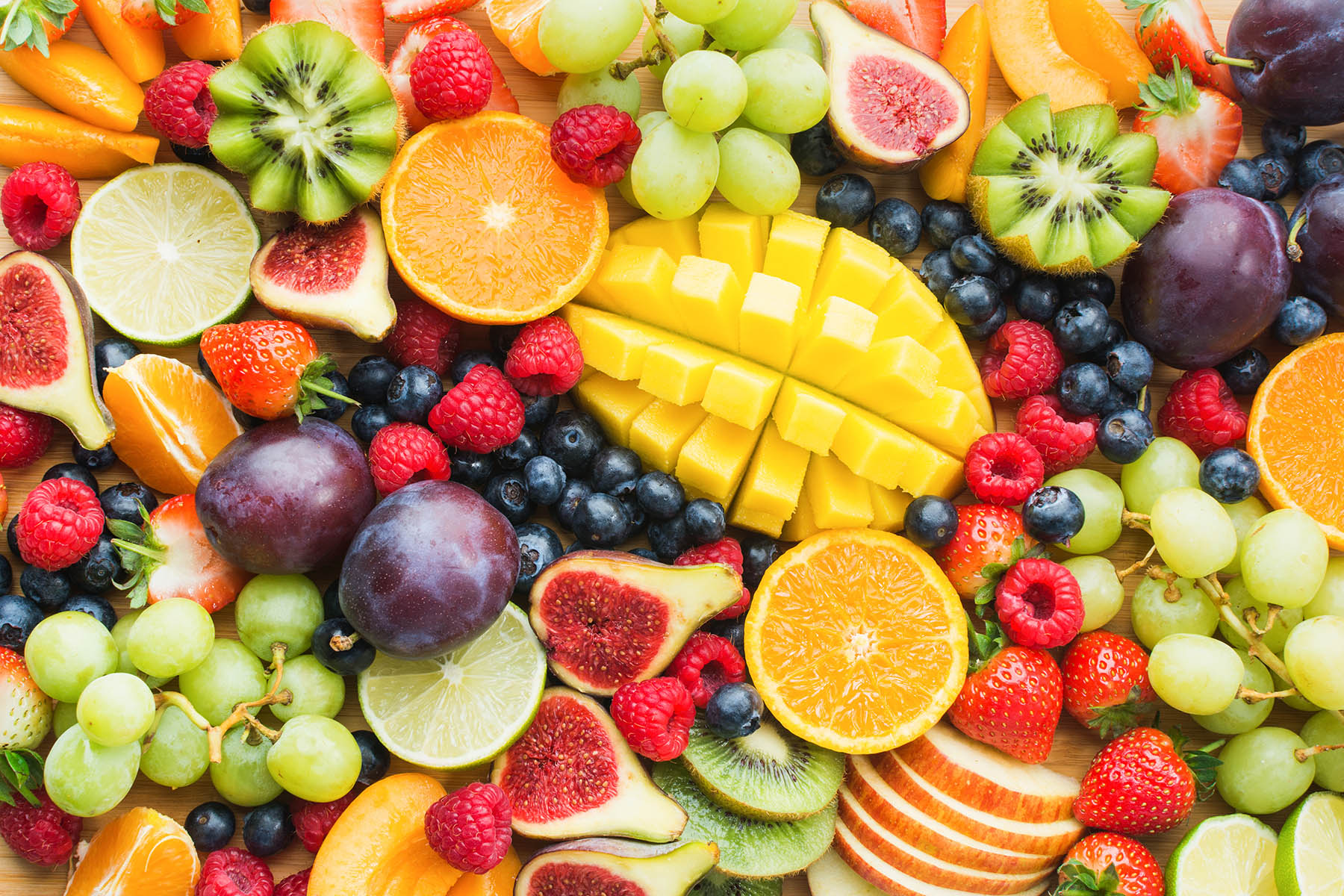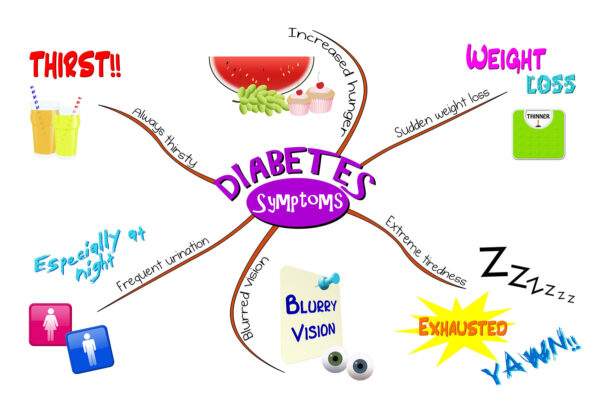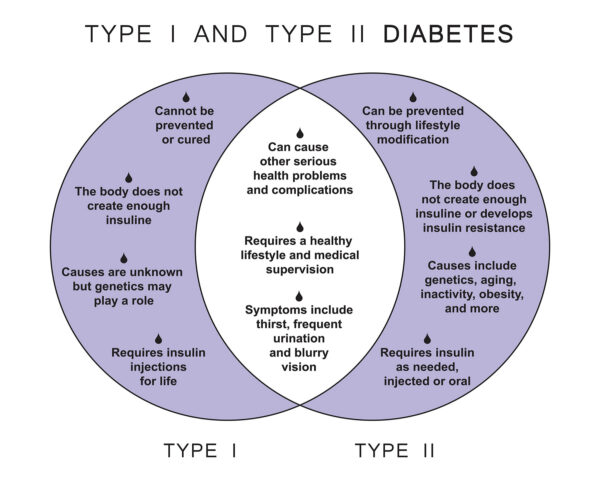Fruits are a natural source of essential nutrients, vitamins, and dietary fiber, making them a valuable part of a healthy diet. However, if you have diabetes, you might be cautious about your fruit consumption due to concerns about blood sugar spikes. In this article, we will provide you with a nutritional guide to help you make smart fruit choices for better blood sugar control and overall health.
Choosing the Right Fruits for Diabetes
- Berries: Berries such as strawberries, blueberries, raspberries, and blackberries are rich in antioxidants, vitamins, and fiber. They have a relatively low glycemic index (GI) and can be included in your diabetes diet.
- Citrus Fruits: Oranges, grapefruits, lemons, and limes are citrus fruits that provide a good dose of vitamin C and fiber. They have a moderate GI and can be part of a balanced diabetes meal plan.
- Apples: Apples are a great source of dietary fiber and vitamin C. Choosing whole apples with their skin can help slow down the absorption of sugar.
- Pears: Pears are high in fiber, which promotes satiety and can help stabilize blood sugar levels. Enjoy them as a nutritious snack or add them to salads.
- Cherries: Cherries, whether sweet or tart, are relatively low in carbohydrates and have anti-inflammatory properties. They can be consumed in moderation.
- Kiwi: Kiwi is a fiber-rich fruit packed with vitamin C and vitamin K. It has a low GI and can be a refreshing addition to your diet.
Portion Control Matters
While these fruits can be diabetes-friendly when consumed in moderation, portion control remains essential. Keep the following tips in mind:
- Monitor Carb Intake: Be aware of the carbohydrate content in fruits and factor it into your overall carbohydrate intake for the day.
- Balanced Meals: Include fruits as part of balanced meals or snacks to help minimize blood sugar spikes.
- Whole vs. Juiced: Whole fruits are preferable to fruit juices, as they contain more fiber and have a lower impact on blood sugar.
- Glycemic Index: Consider the glycemic index (GI) of fruits. Low-GI fruits tend to have a milder effect on blood sugar.
- Individual Response: Pay attention to how different fruits affect your blood sugar levels. Everyone’s response can vary.
Pairing with Protein and Fiber
To further mitigate blood sugar spikes, consider pairing fruits with sources of protein and fiber. For example:
- Combine apple slices with almond butter.
- Enjoy yogurt with berries.
- Add a handful of nuts to your fruit snack.
These combinations can help slow down the absorption of sugar and provide lasting energy.
Consult Your Healthcare Provider
Before making significant changes to your diet, especially if you have diabetes, it’s essential to consult your healthcare provider or a registered dietitian. They can provide personalized guidance based on your specific needs, medication, and blood sugar management goals.
Enjoying Fruits with Diabetes
Fruits are a valuable part of a balanced diet for individuals with diabetes. By making smart fruit choices, monitoring portion sizes, and considering how fruits fit into your overall meal plan, you can enjoy their nutritional benefits while maintaining better blood sugar control. Remember that a well-informed and personalized approach to fruit consumption can be a key part of your diabetes management plan.






